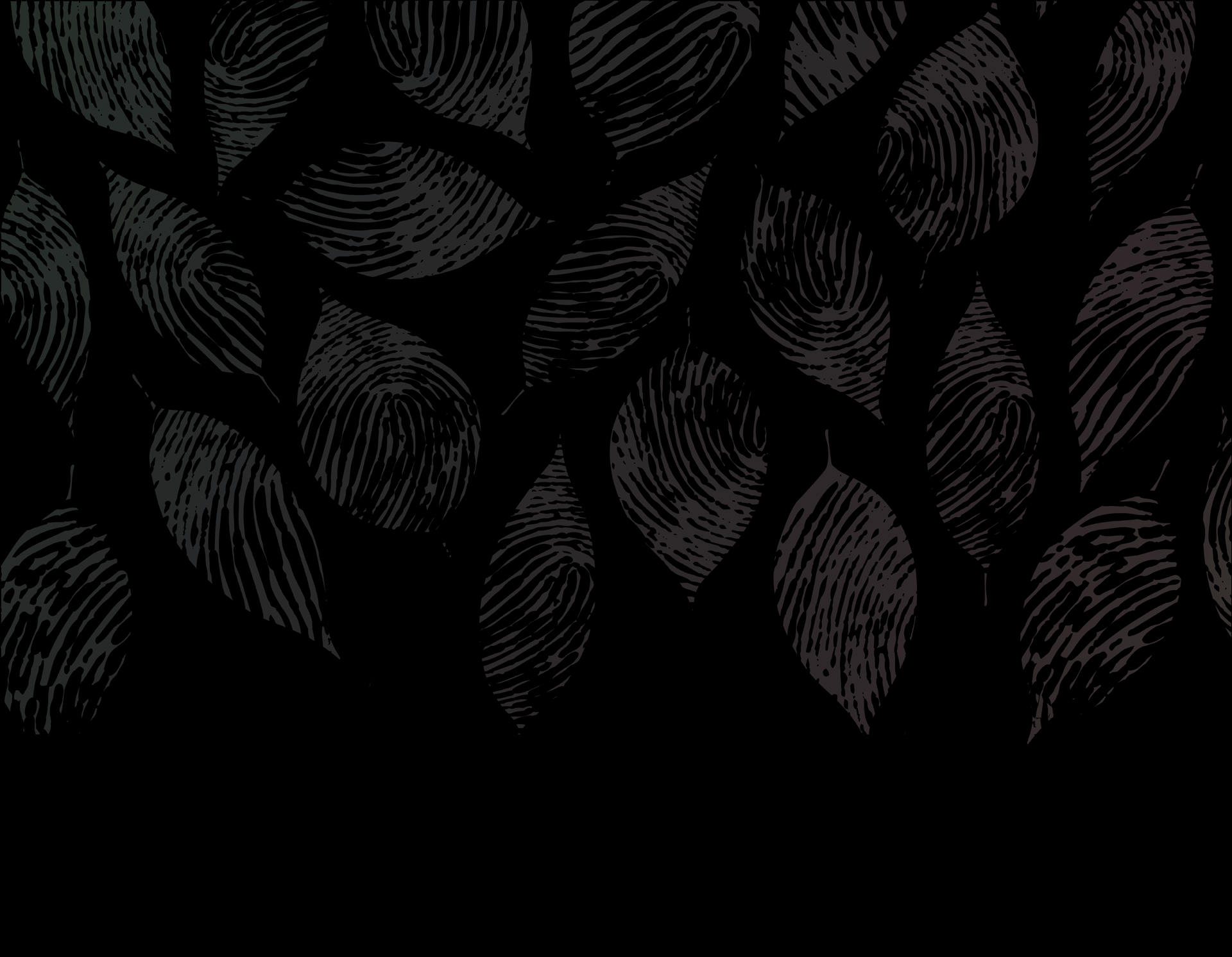Ideas
Idea #4: Leaning into Constructive Discussions
“The struggle has always been inner, and is played out in outer terrains. Awareness of our situation must come before inner changes, which in turn come before changes in society. Nothing happens in the "real" world unless it first happens in the images in our heads.” --Gloria Anzaldúa1
Overview1,3
This discussion facilitation technique is for educators who teach social justice education and “struggle with student resistance to new and challenging critical frameworks.”2,4 It suggests teachers address students directly and offer guidelines for constructive engagement.2
Instructions2,3,5
The ideas proffered by this approach to “maximize learning of social justice content” suggest that students:
- Strive for intellectual humility.
- Recognize the difference between opinions and informed knowledge.
- Let go of personal anecdotal evidence and look at broader societal patterns.
- Notice one’s own defensive reactions and attempt to use these reactions as entry points for gaining deeper self-knowledge.
- Recognize how one’s own social positionality (such as race, class, gender, sexuality, ability-status) informs perspectives and reactions to the instructor and work studied in the course.
- Differentiate between safety and comfort. Accept discomfort as necessary for social justice growth.
- Identify where your learning edge is and push it.
Considerations
- Grading2
- While constructive conversations may be valuable, most often grades will be determined by demonstration of comprehension.
- Not everyone will have the same path to comprehension, yet effort is not the same as understanding. Grades are not determined by how “hard” a student works but on the outcome of that work.
- General reflection questions to maximize learning of social justice content2
References
- Anzaldúa, G. (2009). La conciencia de la mestiza. In R. Warhol-Down & D. Price Herndl (Eds). Feminisms Redux: An Anthology of Literary Theory and Criticism (pp. 303-313). NJ: Rutgers.
- DiAngelo, R. & Sensoy, Ö. (2014, Winter). Leaning In: A Student’s Guide to Engaging Constructively with Social Justice Content. Radical Pedagogy. Radical Pedagogy, 11(1).
- DiAngelo, R. & Sensoy, Ö. (2014). Respect Differences? Challenging the Common Guidelines in Social Justice Education. Democracy & Education. 22(2).
- Zembylas, M. (2015). ‘Pedagogy of discomfort’ and its ethical implications: the tensions of ethical violence in social justice education. Ethics and Education. 10. 1-12.
- Vélez, V. & French, K. (2018). Personal interview, Western Washington University.
